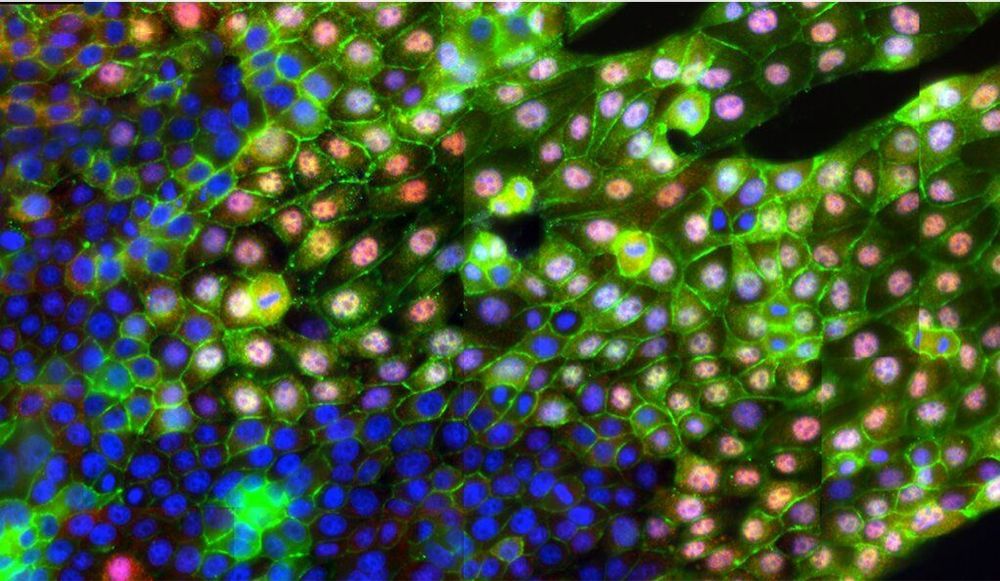Yale researchers have discovered how metastasis, the spread of cancer cells throughout the body, is triggered on the molecular level, and have developed a tool with the potential to detect those triggers in patients with certain cancers. The discovery could lead to new ways for treating cancer.
The study was led by Andre Levchenko, the John C. Malone Professor of Biomedical Engineering and director of the Yale Systems Biology Institute at Yale’s West Campus. It was published June 26 in the journal Nature Communications. Levchenko is a member of the Yale Cancer Center.
One way metastasis occurs is through epithelial-mesenchymal transition (EMT), a process that breaks neighboring cells apart from each other and sets them in motion. It’s been long assumed that chemical signals or genetic changes in the cells trigger EMT. But Levchenko’s research team found that it could be caused by a simple change in the texture of the extracellular matrix (ECM), which acts as a scaffold for cells. They discovered that an alignment of the matrix’s fibers (a common biological occurrence) can trigger the EMT process without or other stimuli.
